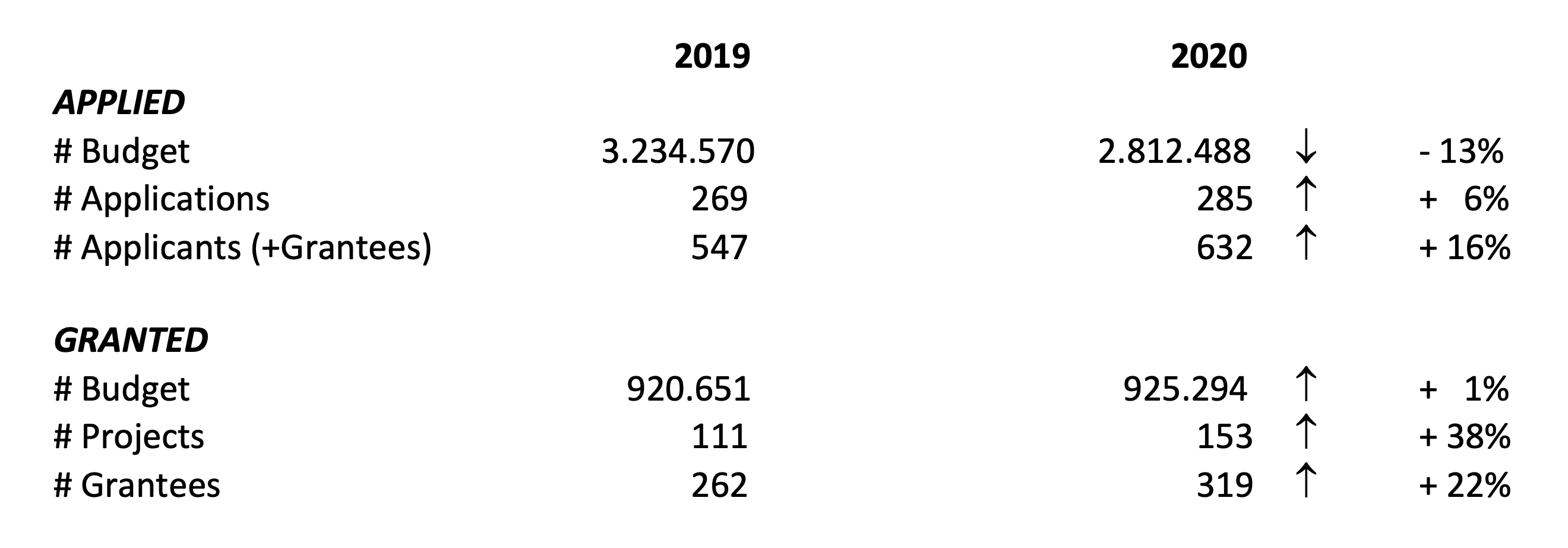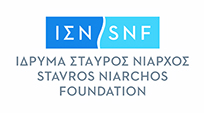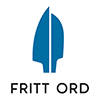
2021-03-25
BRUSSELS - In 2020 Journalismfund.eu supported 153 investigations by 319 journalists from 48 countries. The increasing number of projects proves that Journalismfund.eu is responding to a growing need for support for independent investigative journalism.
Journalismfund.eu became the motor for boosting independent cross-border investigative journalism in Europe. The organisation also succeeds in convincing a growing number of philanthropic organisations of the necessity and importance of well-informed citizens in a modern democracy.
The granted journalists come from 48 different countries. The average age of the grantee is 34. 81% is a freelance journalist, 62% male and 38% female. 18% is a starter, 82% is a senior (more than two years of journalistic experience).

Publications with impact
In 2020 alone, 396 publications (of 90 projects) contributed in a major way to critical thinking and a well-informed debate in Europe and beyond.
The publications appeared in 45 countries: Albania, Belarus, Belgium, Bosnia and Herzegovina, Brazil, Bulgaria, Denmark, Estonia, France, Germany, Ghana, Greece, Guinea, Hungary, Indonesia, Italy, Kenya, Kosovo, Lebanon, Lesotho, Lithuania, Malawi, Malaysia, Malta, Moldova, Montenegro, Mozambique, Namibia, Nepal, Nigeria, Poland, Portugal, Russia, Slovenia, South Africa, South-Korea, Spain, Sweden, Switzerland, The Netherlands, Ukraine, United Kingdom, United States, Zambia and Zimbabwe.
The following investigations have generated a tangible impact:
- European Parliament wants to know about the Commission’s plans to create facial recognition databases
The “Facing the Future” project uncovered the state of facial recognition technology in Europe. MPs in the European Parliament have pressed the Commission for more details on their plans to create facial recognition databases.
At the end of February Euractiv reported on the impact of a Journalismfund.eu-supported European cross-border investigation to uncover the state of facial recognition technology in Europe. MPs in the European Parliament have pressed the Commission for more details on their plans to create facial recognition databases.The team of journalists from Germany, Spain and the UK unearth the stories behind the development and deployment of facial recognition technologies in the EU. Caitlin Chandler, Zachary Campbell and Chris Jones obtained leaked internal EU documents that reveal law enforcement is lobbying to create a network of national police facial recognition databases. More information about the project is here.
- European Commission wants investigation into Maltese-Montenegrin energy deal
Thanks to another cross-border investigation “Funding China’s energy at Europe’s expense” funded by ECBG, the European Commission reacted on the Montenegro energy deal and expected the Montenegrin authorities to answer to accusations of corruption related to the joint Maltese-Montenegrin wind power project. In mid-July 2020 the Commission has said it expects the Mozura wind farm deal in Montenegro to be reviewed by independent and professional institutions in an investigation that may carry implications for those in Malta involved in the project.
- Bulgarian Opposition is asking an investigation into the Prime Minister
As a consequence of the story ‘Is Europe a dangerous place for Turkish dissidents?’ Bulgarian political party ‘Democrats for a Strong Bulgaria (DSB)’ has asked the prosecution to investigate the actions of the Prime Minister Boyko Borissov and former Chief Prosecutor Sotir Tsatsarov for crimes against the republic.
In September 2020 journalists Dimitar Ganev and Maximilian Popp published their research with secret dispatches revealing the role of the Bulgarian government in persecuting Turkish opposition figures. In this investigation they suggested that the Bulgarian prime minister Boyko Borissov and former prosecutor general Sotir Tsatsarov had helped Turkey persecute several opponents of the regime in Ankara, violating international conventions and legal principles. After their publication at Der Spiegel magazine Radio Free Europe / Radio Liberty’s Bulgarian Service also reported on the impact of the story. Read more at Radio Free Europe / Radio Liberty (in Bulgarian) in general about the project here.
- Manufacturer to Stop Producing Pesticide Linked to Brain Damage
Journalismfund.eu has already reported about great political impact of this story before. Last December the EU banned the insecticides chlorpyrifos and chlorpyrifos-methyl from the market. The two products were supposed to get their market approval renewed in January 2020, but an investigation supported by our European Cross-Border Grant programme decided otherwise.
This year Journalismfund.eu got additional impact to be reported. In total, this investigation produced more than original 16 stories in more than 6 countries.
A major manufacturer of the insecticide chlorpyrifos Corteva Inc will stop making the chemical at the end of the year. Journalismfund.eu-supported cross-border investigative team of journalists from Poland, Denmark and Slovenia made their own contribution into the story.
Their journalistic research explained the devastating effects of chlorpyrifos for consumers across Europe and found serious health effects in children, including impaired brain development. After this year, farmers will not be allowed to use this agricultural pesticide. Read the full story here.
- Shareholders Eni have some questions
Impact of the MoneyTrail project “The Nigerian Cartel”: the investigation into Agip raised a number of questions at the annual shareholders meeting of Eni on 13 May 2020 (see pp. 125-128).
- A Betting Nation: Kenyan Government back-pedalled on tax cut for betting companies
In July 2020 an investigation ‘A betting Nation’ got an immediate impact: the Kenyan government back-pedalled on a controversial tax cut less than 48 hours after the president had signed it into law.
The investigation series by journalists Lionel Faull (UK) and Paul Wafula (Kenya) was published in the Daily Nation, Kenya’s leading independent newspaper. The first leg revealed the true numbers of Kenya’s enormous betting addiction, based on leaked figures from the betting regulator. In a follow-up article, the journalists revealed that at the same time the Kenyan government removed a tax for betting companies, a cousin of Kenya’s president accumulated a financial stake in betting giant SportPesa. The final leg of the investigation revealed that SportPesa has been sucking profits out of its lucrative Kenyan business by paying millions of pounds to a software company it owns in the UK – an arrangement that has significantly reduced its tax bills.
Read more at the Daily Nation (Kenya’s leading independent newspaper), at Finance Uncovered and in general about all three legs of this investigation and its impact here.
- Zimbabwean Government bans riverbed and alluvial mining
In their Mail & Guardian publication journalists Stephen Tsoroti and Ankita Anand investigated how an estimate of 50% of artisanal and small-scale mined gold in Zimbabwe was lost to smuggling, causing bloody turf wars that have claimed hundreds of lives.
This story had immediate impact. In September 2020 environment groups in Zimbabwe made presentations to the Zimbabwean Cabinet, also using the report from the above investigation. As a result, the Cabinet has ordered banning of riverbed and alluvial mining, and directed holders of mining titles to obtain environmental clearance.Read more about the project here.
- Zimbabwe bans coal mining in Hwange and other game parks - BBC News, 9 September 2020
- Government bans mining in National Parks - ZBC News, 9 September 2020
- Govt pressured to cancel mining in National Parks - Tourism Focus, 9 September 2020










